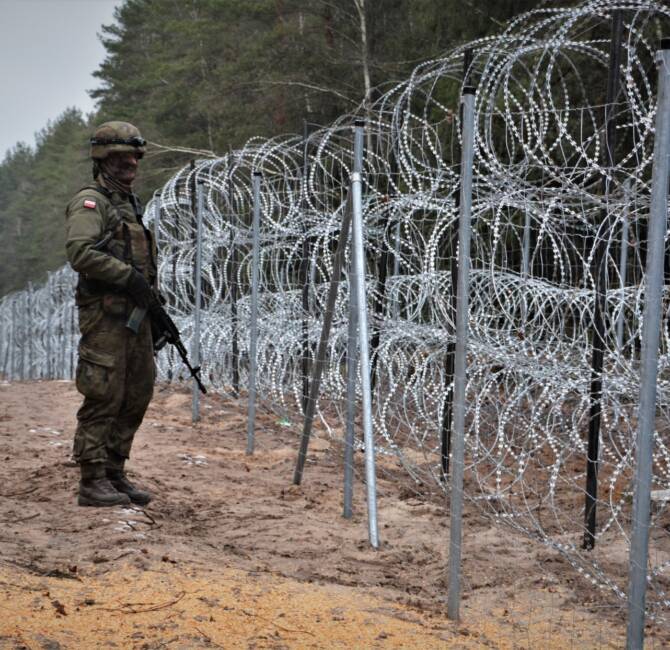Visegrád Group/South Korea – On 4 November, Budapest hosted a summit between the four countries of the Visegrád Group and South Korea, as part of the Hungarian presidency of the V4. As Viktor Orbán pointed out, this brought together “five success stories”, with South Korean President Moon Jae-in meeting with the heads of governments of the V4.
“Five success stories have come together here in Budapest”
At the joint press conference closing the meeting, Hungarian Prime Minister Viktor Orbán recalled that “over the past five years, trade between the Visegrád Four and South Korea has increased by forty percent”, with the V4 hoping “that cooperation will extend beyond the economy to the fields of science and technology”:
“Five success stories have come together here in Budapest. The Central European economies have a few good years behind them and their future prospects are good too, while South Korea is one of the world’s champions in terms of growth and technological development.”
“The Visegrád Group is an important trading partner for Korea”
For his part, the South Korean President said that cooperation between the V4 and South Korea was intensifying and that with “an open mind,
the Visegrád leaders have shown the power of V4 cooperation”,
stressing that “peace and harmony determine the relationship between the V4 and South Korea. The Visegrád Group is an important trading partner for South Korea [and also] an investment destination. Many large South Korean companies are present here […]
Cooperation with the Visegrád Four is important because they serve as a bridge to Europe. For that reason, Korea wishes to continue to work closely with the countries of the region.”
Korean President Moon Jae-in said that he is considering Korean investment in the high-speed railway line that is to link Budapest to Warsaw.
South Korea’s investments in Central and Eastern European countries are part of a strategy to diversify foreign direct investment (FDI). South Korea is the 6th largest source of FDI in Hungary based on the ultimate investor criterion, and it is the largest Asian investor in Poland, with $2.2 billion in FDI in 2019. South Korea is also interested in Poland’s pro-nuclear strategy as a potential market for its industry.




